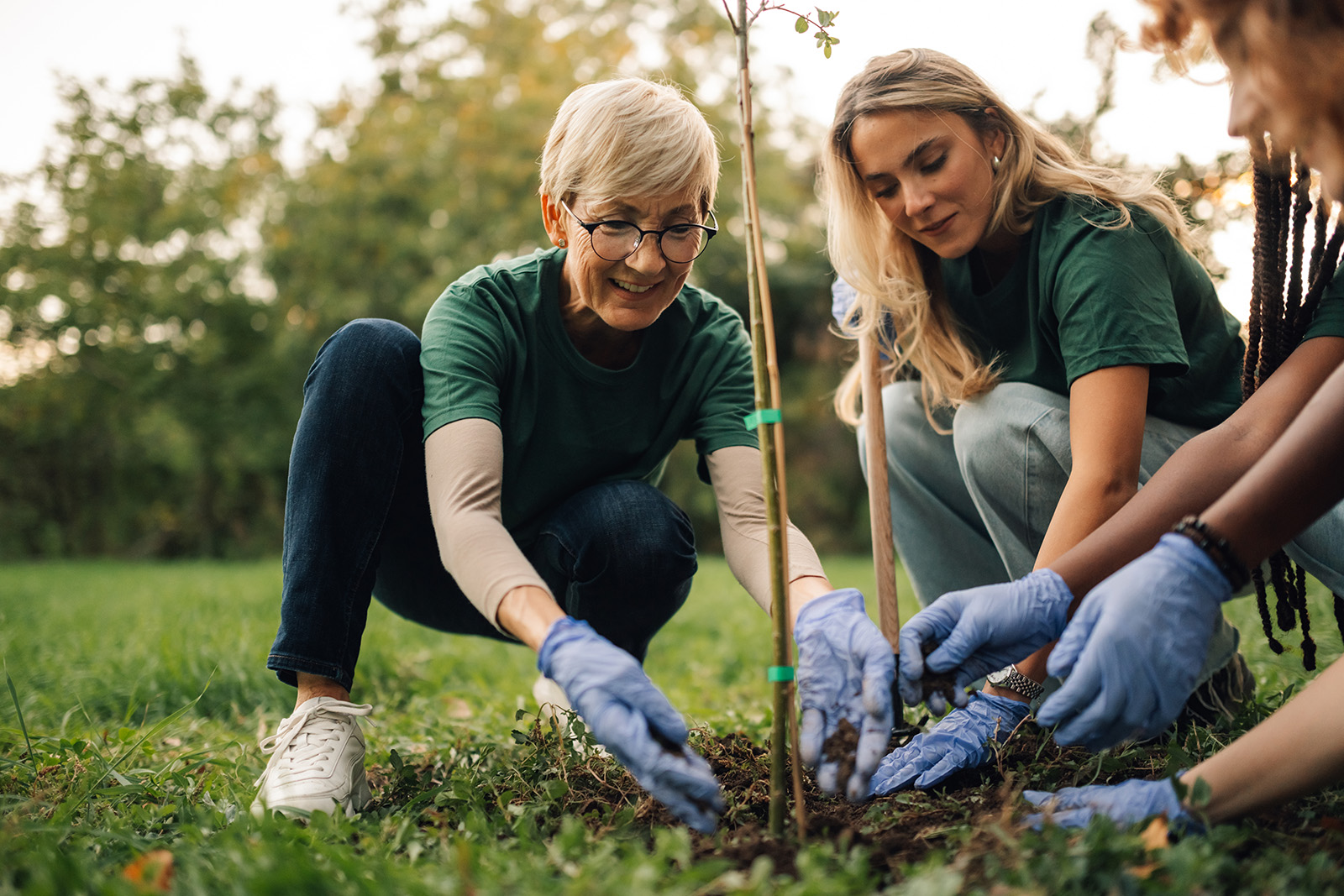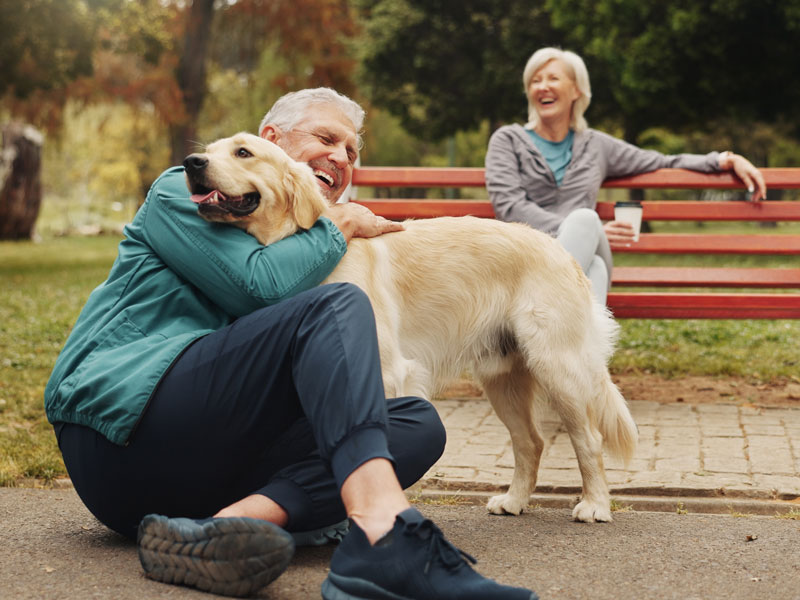Volunteering is seen as a selfless act to give back, but what’s often overlooked are the benefits it brings to the volunteers themselves. Volunteering can have a profound impact on one’s physical health, mental well-being and social life.
Physical health benefits
Some volunteer roles may involve light physical activity. Whether it’s taking in items at a community clothing closet, cleaning up parks, helping at events or walking dogs at a shelter, this light activity has more benefits than you might think. Staying active through volunteering can contribute to better cardiovascular health, improved mobility and increased energy levels.
Mental health benefits
Research has shown that people who volunteer on a regular basis often report lower levels of stress. Mayo Health shares that, volunteering leads to lower levels of depression and anxiety, especially for people 65 and older. Individuals who volunteer tend to take better care of themselves and are less likely to suffer from depression or chronic illnesses. Reduced stress can also balance blood pressure and boost the immune system.
Healthy habits
Volunteering can provide a sense of routine and structure that may develop into healthy habits in other areas of your life:
- Heightened social activity because of regular group functions
- Less snacking due to boredom
- Positive behavior from overall motivation and heightened appreciation
- Regular physical activity and consistent movement
- Regulated sleep schedule around consistent shift times
- Time management skills due to volunteer schedule and other commitments
Social connection and community
One of the most valuable benefits of volunteering is the opportunity to build social connections. Volunteering provides an environment to meet others and collaborate as a team. Social skills and confidence can grow through volunteer opportunities since it’s a chance to expand your social network while doing meaningful work.
Volunteers often report a strong sense of belonging and community. Building friendships, feeling valued and making a difference can significantly boost self-esteem and overall happiness.
More than just giving
Volunteering is a powerful way to connect with others while giving back to the community. It helps people find purpose while being able to support different causes. Whether you have an hour a week or a few days a month, consider volunteering. Time spent volunteering can transform your community, your health, and you can have some fun along the way!




